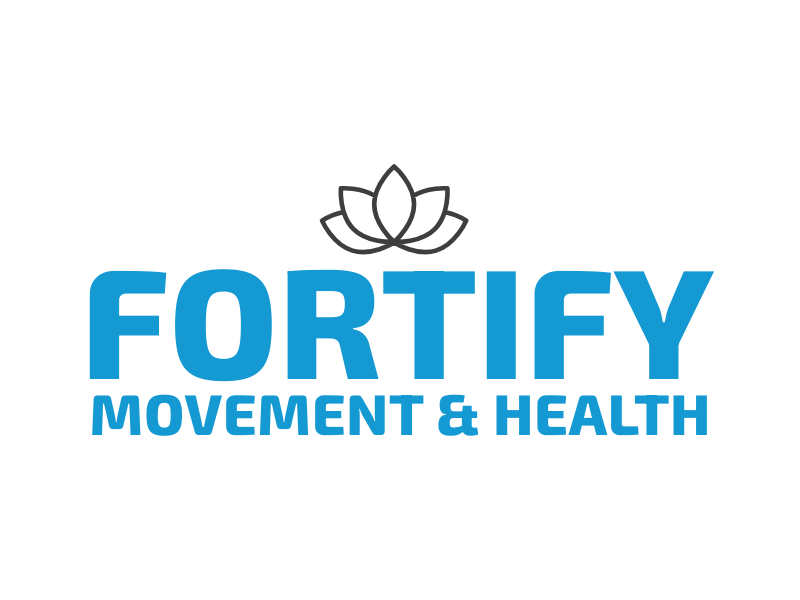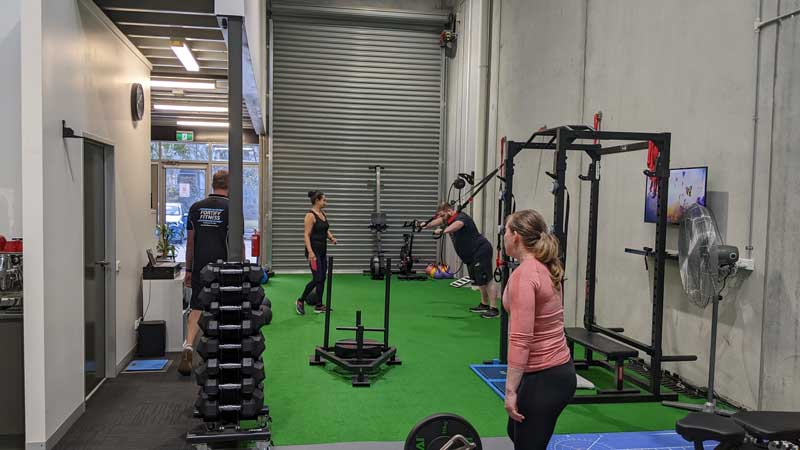Exercise physiology is a branch of science that studies the effects of physical activity on the body, including muscle recovery. Understanding the science behind muscle recovery can help people in Melbourne optimise their exercise routines and achieve their fitness goals.
Muscle recovery is the process by which the body repairs and rebuilds muscle tissue after it has been damaged during physical activity. This process is essential for muscle growth and strength, and it is influenced by a variety of factors, including exercise intensity, volume, and type, as well as nutrition and sleep.
One of the key factors that influence muscle recovery is the intensity of the exercise. High-intensity exercise, such as weightlifting or sprinting, causes more muscle damage than low-intensity exercise, such as walking or cycling. This means that muscles need more time to recover after high-intensity exercise.
Another important factor is the volume of the exercise, which refers to the total amount of work done. For example, doing three sets of 10 reps of a weightlifting exercise would be considered a higher volume than doing one set of 10 reps. High-volume exercise also causes more muscle damage, and therefore requires more recovery time.
The type of exercise also plays a role in muscle recovery. Weightlifting, for example, causes more muscle damage than endurance exercise like running or cycling. This is because weightlifting involves working individual muscle groups to failure, whereas endurance exercise primarily uses the cardiovascular system.
Nutrition is also crucial for muscle recovery. Protein is essential for muscle repair and growth, and it is important to consume enough protein in the diet, especially after exercise. Carbohydrates are also important for muscle recovery, as they provide energy to the muscles and help replenish glycogen stores.
Sleep is also important for muscle recovery, as it is during sleep that the body repairs and rebuilds muscle tissue. Adequate sleep is essential for optimal muscle recovery, and people should aim for at least 7-8 hours of sleep per night.
In summary, muscle recovery is an important aspect of exercise physiology, and it is influenced by factors such as exercise intensity, volume, type, nutrition, and sleep. By understanding the science behind muscle recovery, people in Melbourne can optimise their exercise routines and achieve their fitness goals.
References:
- MacDougall, J. D., Tuxen, D., Sale, D. G., Moroz, J. R., & Sutton, J. R. (1985). Arterial blood pressure response to heavy resistance exercise. Journal of Applied Physiology, 58(3), 785-790.
- Schoenfeld, B. J. (2010). The mechanisms of muscle hypertrophy and their application to resistance training. Journal of Strength and Conditioning Research, 24(10), 2857-2872.
- Phillips, S. M., Tipton, K. D., Aarsland, A., Wolf, S. E., & Wolfe, R. R. (1997). Mixed muscle protein synthesis and breakdown after resistance exercise in humans. American Journal of Physiology-Endocrinology And Metabolism, 273(1), E99-E107.
- Tipton, K. D., Ferrando, A. A., Phillips, S. M., Doyle, D., & Wolfe, R. R. (1999). Postexercise net protein synthesis in human muscle from orally administered amino acids. American Journal of Physiology-Endocrinology And Metabolism, 276(4), E628-E634.




